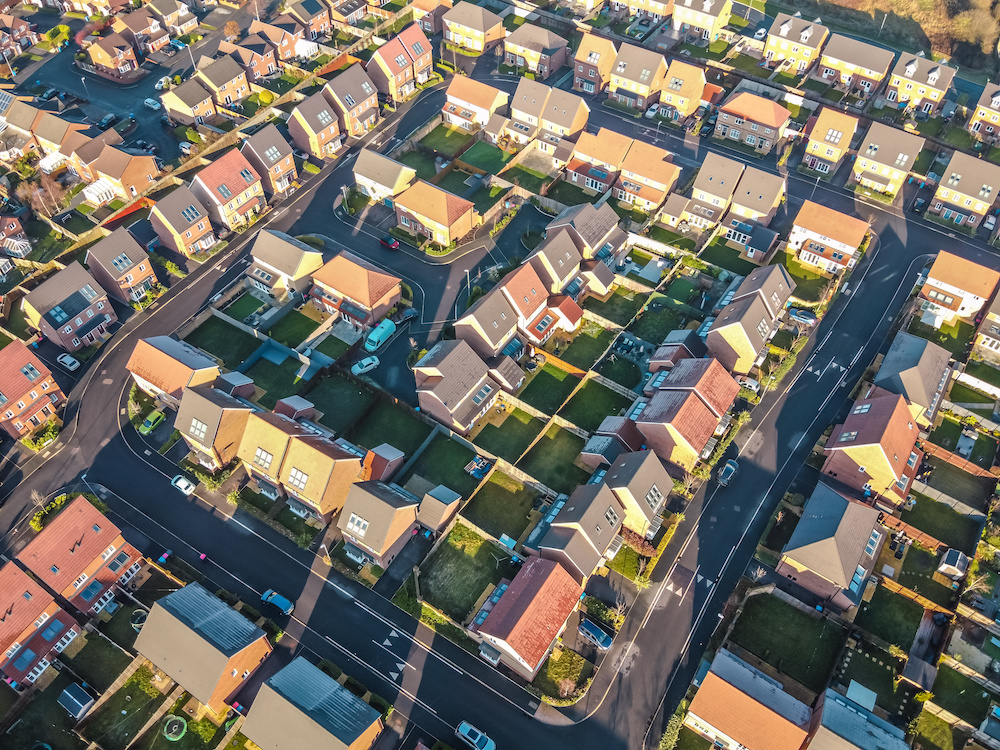Results of the regulator’s second survey of housing associations and local authorities on how they are coping with the coronavirus pandemic.
The Regulator of Social Housing has today (9 June) published the results of its second monthly survey of housing associations and local authorities about how they are coping with the coronavirus pandemic.
The social housing sector is generally reporting that it is continuing to maintain service delivery for emergency repairs and key health and safety checks, and that some of the challenges that it is facing have begun to ease. Providers report that almost all emergency repairs are being completed, but challenges with access to properties and the reduced reporting of repairs mean that backlogs of routine repairs and some safety checks continue to rise. Almost all gas safety certificates are in date for most providers but compared to April, a higher number of providers are reporting that they are currently completing most, rather than all, gas safety checks. Many providers have said that they normally operate a 10- or 11-month gas servicing cycle to mitigate against the risk of failing to meet the 12-month statutory cycle should problems arise. In the current circumstances the effectiveness of this mitigation is diminishing and as a result, the backlogs of gas safety checks are rising and are likely to continue to rise.
Social housing landlords responsible for care and support settings are reporting that they are continuing to maintain safe staffing levels and essential services. Absence rates appear to be recovering and providers generally appear to have successfully identified stable supply lines for PPE.
Housing associations and local authorities are continuing to address the ongoing challenges with adapted approaches including remote working, continuing alternative deployments of staff and increased communication with tenants. In many cases, they are now also planning for recovery.
Fiona MacGregor, Chief Executive commented “We are pleased that housing associations and local authorities are generally able to report continued service delivery in the areas surveyed, including some plans for recovery. Providers and their staff have adapted well to the changing circumstances and we anticipate that the flexible and agile approaches they have taken will continue as restrictions ease further.”



